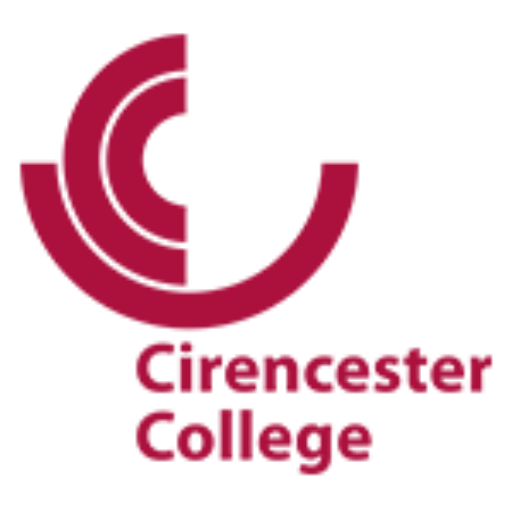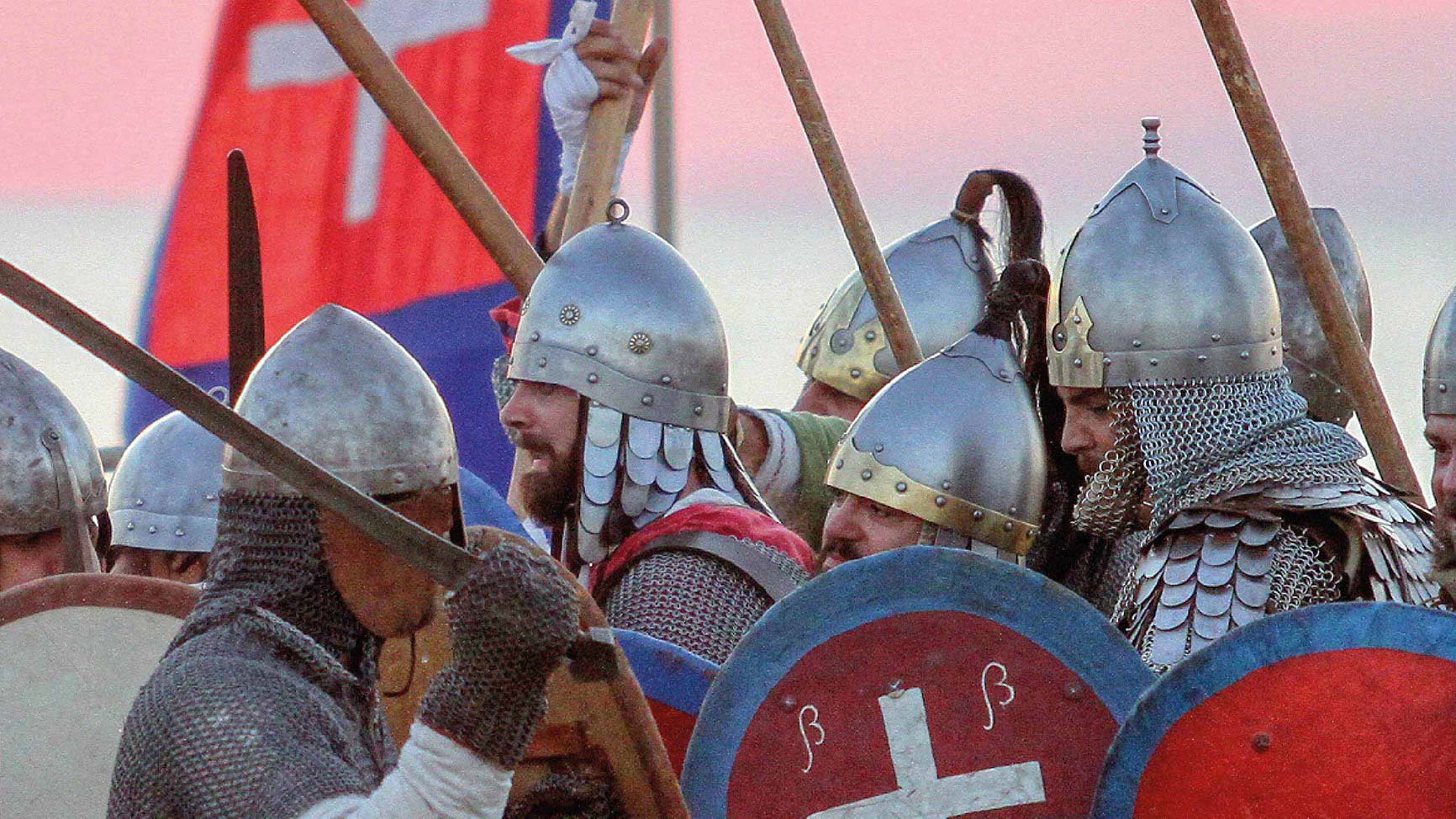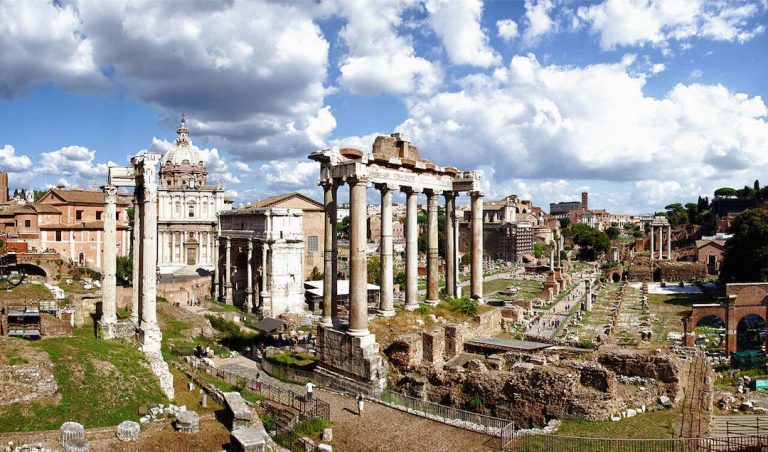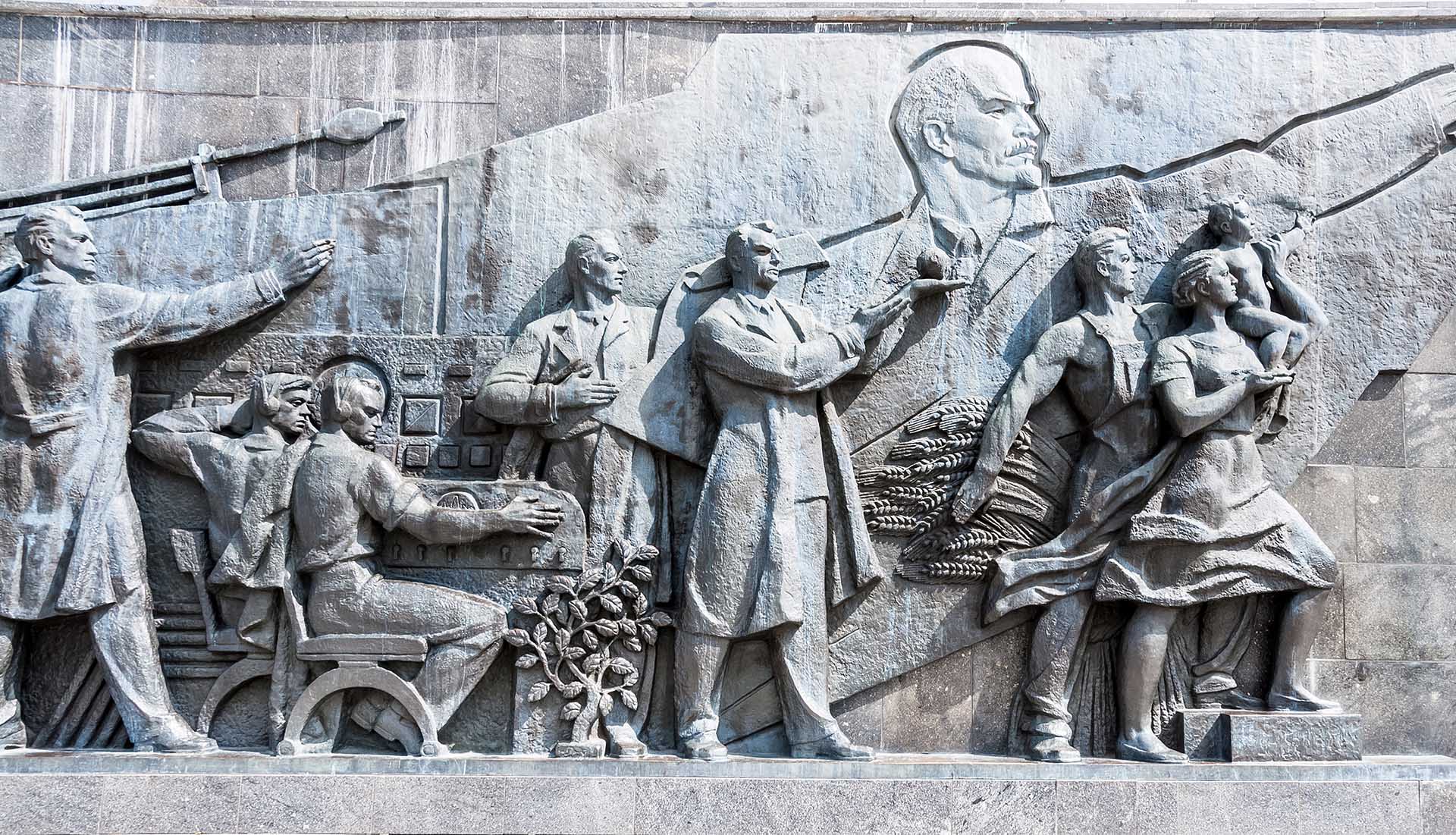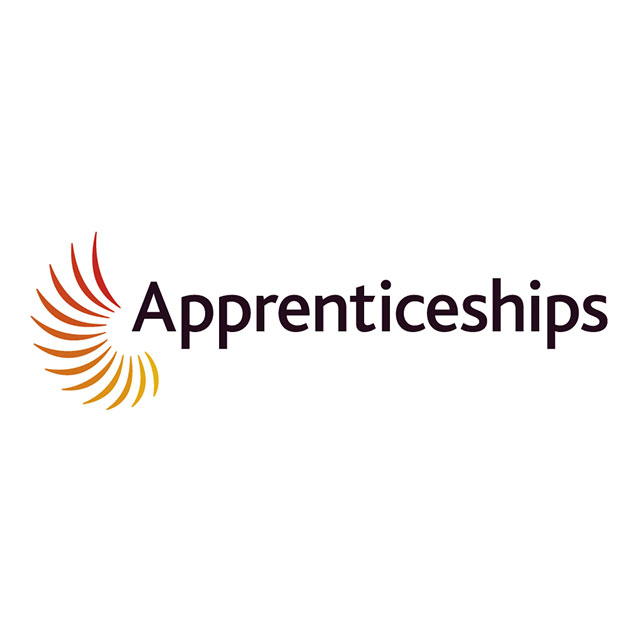DO NOT DELETE OR EDIT THIS ROW OR ITS CONTENTS

This pathway takes you on a thrilling journey in history by delving into the violent end of Anglo-Saxon England following the Norman Conquest, the exciting upheaval in the Middle East during the first four Crusades, and the dramatic reign of the Tudor dynasty. Hone in on your critical thinking and analytical skills, preparing you for higher education and many diverse career opportunities.
What will I study in History (Conquest, Control & Resistance) A-level?
This pathway investigates aspects of life in England and Europe in the eleventh and twelfth centuries, with a third paper on the fascinating dynasty: the Tudors. This option offers students a chance to explore a period of history that is often studied at a simple level at KS3 or even primary level, although increasing numbers of recent students have covered these topics at KS4: this offers a pleasing segue from KS4 to KS5 and the chance to delve deeper into the issues of the time. Although these periods may seem remote from the experiences of people today, there are many features of the medieval world that still resonate in our times. The Tudor period remains popular in the public sphere, with many films and documentaries driving the demand for this at A-Level.
For Paper 1 we study the Crusades, c1095-1204 which focuses on Christian Europe's first four campaigns in the Middle East. This paper requires you to examine issues across the breadth of the whole period, with a special focus on the differences of historians' interpretations on the failure of the Fourth Crusade.
Paper 2 focuses on Anglo-Saxon England and the Norman Kingdom, c1053-1106. You will examine the changes that take place after the Norman Conquest, covering events in both England and Normandy. This paper has a source focus, requiring you to examine the ways historians use contemporary sources as part of historical enquiries.
Paper 3 covers the specific issue of Rebellion and disorder under the Tudors, 1485-1603. You will analyse the impact of various rebellions across the period, such as the Pilgrimage of Grace, evaluating the role of the monarch and their government in suppressing disorder. This paper also has a source element, asking you to evaluate the utility of a contemporary source to answer two linked enquiries.
Finally there is a non-examined assessment, or coursework, the purpose of which is to enable history students to develop skills in the analysis and evaluation of interpretations of history in a chosen question, problem or issue as part of an independently researched assignment. Students will be required to form a critical view of an area of historical debate based on relevant reading on the question, problem or issue. Students at Cirencester have the freedom to complete a centre set assignment, based on one of their three examined papers, or they may choose their own topic to research. This offers those students the chance to go beyond the exam specification and really explore a period of history that is interesting to them. Those who choose a centre-set question will also benefit, as their study will take them deeper into and beyond what the exam requires, and they often emerge more confident and with a better understanding of the exam topics.
Entry Requirements
5+ GCSEs at Grade 4 or above from the core subjects, including Maths and a Grade 5 in English Language.
Studying GCSE History is recommended but not required. However, if taken, a Grade 4 or above is needed to take A-level History.
How will I learn?
The course will use a variety of different teaching methods ranging from lectures and discussions, through to student presentations and individual research. The lectuers aim to bridge the gap between school and university so there is an emphasis on encouraging students to think for themselves. There is a high expectation on students to participate in all sessions.
How will I be assessed?
Assessment is through three examinations at the end of the course as well as a coursework module in the second year:
Paper 1: 2 hours 15 mins during which time you will answer two essay questions and one historical interpretations question.
Paper 2: 1 hour 30 mins during which time you will answer one essay question and one primary source analysis question.
Paper 3: 2 hours 15 mins during which time you will answer two essay questions and a primary source analysis question.
The coursework assesses historical interpretations and between 3, 000 and 4, 000 words.
Any trips?
There is the opportunity to visit the British Museum, the Tower of London and sites of local interest. We have also taken part in student conferences with the National Archives and the University of Gloucestershire. We also like to visit the Chalke Valley History festival in June each year.
Are there any costs involved?
You should expect some small costs for course booklets and stationery. If trips are arranged, these will also require costs for transport and entry fees, but we will do our best to keep this to a minimum.
Device Requirements
MacBook (8GB RAM minimum | M2 or above)
or
Windows laptop (8GB RAM minimum | Ryzen 3 or Intel i3 12th Gen or above)
If you already own a device that meets the technical requirements of your course, you are welcome to bring it with you to college.
If not, more information on a convenient rental and help-to-buy scheme designed specifically for Cirencester College students is linked below.
FAQs
We have had students undertaking work placements in History departments within local schools. This has proven to be invaluable for those wishing to enter the teaching profession.
We run a History Society as part of the College's enrichment programme. This is run by our students, who take turns to present a short lecture on a period or event of history that interests them. Our lecturers also take part, allowing us to reveal what led us to a study of History.
Essay writing is one of the very valuable skills we teach you at A-Level History. There are fewer different question types at A-level than at GCSE. We will teach you techniques for writing essays which develop the skills you already have. You won’t have to do one every week.
Yes it will. The specification has been designed by exam boards in close consultation with universities. It is therefore a highly-regarded qualification which universities particularly value on UCAS applications. History is named as a ‘facilitating’ subject by the Russell Group of universities, meaning that it is a subject that universities particularly look for on applications for a wide range of different courses (not just History courses). A good grade in History at A-Level will make you stand out as a strong candidate when applying for university, whatever subject you choose to study.
History is an interesting and worthwhile subject which broadens your understanding of the contemporary world and your analytical skills. By the time you complete your A-Level in History you will be able to write, argue, persuade, debate, process information, weigh up evidence, reach and present conclusions. These skills are highly prized by employers in a very wide range of fields, including business, management, journalism and the media, law, politics and the civil service, economics, finance and accounting, the arts, tourism and heritage.
Awarding Body
EDEXCEL
Available As
[56 UCAS pts. available]

Add to Application
What can I do after I have taken this course?
Available As
[56 UCAS pts. available]

Add to Application

DO NOT DELETE OR EDIT THIS ROW OR ITS CONTENTS

